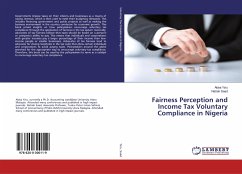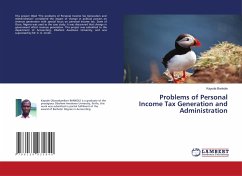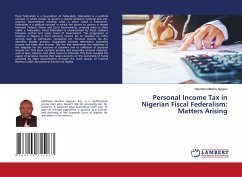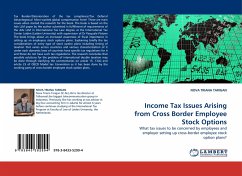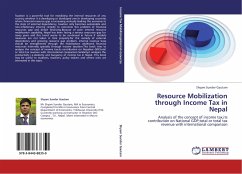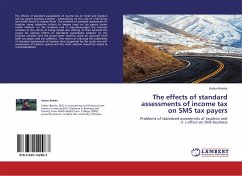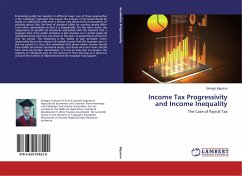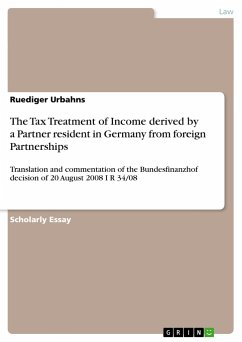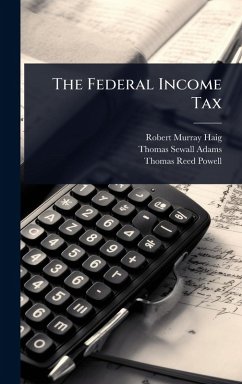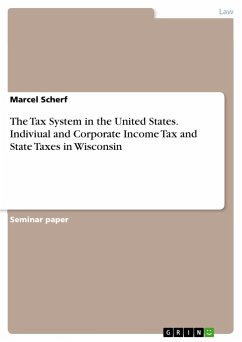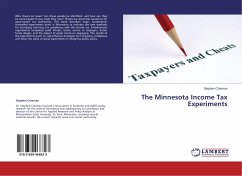
The Minnesota Income Tax Experiments
Versandkostenfrei!
Versandfertig in 6-10 Tagen
36,99 €
inkl. MwSt.

PAYBACK Punkte
18 °P sammeln!
Who cheats on taxes? Can these people be identified, and how can they be encouraged to pay what they owe? Theses are perennial questions for government tax authorities. This book describes large, randomized, controlled experiments done in Minnesota to evaluate the best methods for increasing voluntary tax compliance with the income tax. Simultaneous experiments compared audit threats, better service to taxpayers, better forms design, and the impact of social norms on taxpaying. The results of the experiments point to cost-effective strategies for increasing compliance and show the value of soc...
Who cheats on taxes? Can these people be identified, and how can they be encouraged to pay what they owe? Theses are perennial questions for government tax authorities. This book describes large, randomized, controlled experiments done in Minnesota to evaluate the best methods for increasing voluntary tax compliance with the income tax. Simultaneous experiments compared audit threats, better service to taxpayers, better forms design, and the impact of social norms on taxpaying. The results of the experiments point to cost-effective strategies for increasing compliance and show the value of social experiments in designing public policy.



